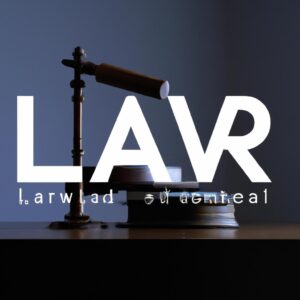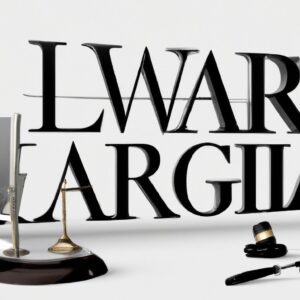Understanding Probate in New York
Probate, a legal process in New York, involves administering and distributing a deceased individual’s estate as outlined in their will or according to state laws if no will exists. The probate court oversees this process to ensure the deceased’s assets are distributed appropriately among beneficiaries. The probate process in New York can be intricate and time-consuming, with varying timelines influenced by several factors. In this article, Morgan Legal Group, a respected law firm in New York City, will provide a thorough insight into the duration of the probate court process in New York. We will delve into the steps of probate, the potential timeframe involved, the factors impacting the process, and how skilled attorneys can expedite probate proceedings.
Navigating the Probate Process in New York
The probate process in New York typically involves the following key steps:
1. Commencing Probate
The probate process initiates when the executor or a beneficiary files the will and necessary documentation with the Surrogate’s Court in the deceased individual’s county of residence.
2. Appointment of an Executor
If a valid will exists, the Surrogate’s Court appoints an executor to administer the estate per the will’s terms. In the absence of a will, an administrator is appointed to manage the estate following New York intestacy laws.
3. Asset and Debt Assessment
The executor is tasked with identifying all assets and debts of the deceased, encompassing bank accounts, real estate, investments, personal belongings, and outstanding debts.
4. Evaluation of Assets
Appraising and evaluating estate assets is essential to ascertain their value accurately.
5. Debt Settlement and Tax Obligations
Before distributing assets to beneficiaries, the executor must settle the estate’s debts, including bills, taxes, and other financial responsibilities.
6. Asset Distribution
After clearing debts and taxes, the remaining assets are distributed to beneficiaries in alignment with the will or intestacy laws of New York.
Understanding the Timeline of the Probate Process
The probate process is essential for legally transferring assets from the deceased to their beneficiaries. While necessary, it can be complex and time-consuming. Understanding the typical timeline and what to expect at each stage can help prepare executors and beneficiaries for the process ahead.
Initial Steps and Filing for Probate
Probate begins with the executor filing a petition with the probate court to validate the will. This step typically occurs within a few weeks to a couple of months after the death. Notice must be given to all potential heirs and beneficiaries. Depending on the jurisdiction and court schedules, the first hearing to appoint the executor and officially start the probate process can take place a few weeks after filing.
Inventory of the Estate’s Assets
Once the executor is appointed, they will inventory the deceased’s assets. This includes identifying all property, valuables, and financial accounts. The time required for this step can vary greatly, from a few weeks to several months, depending on the estate’s complexity.
Paying Debts and Taxes
After inventorying the assets, the executor must use the estate’s assets to pay outstanding debts and taxes. This can include funeral expenses, credit card debts, and income taxes. This phase can last from a few months to over a year, especially if the estate owes federal estate taxes, requiring filing an estate tax return and possibly an audit by the IRS.
Distributing the Remaining Assets
Following the payment of debts and taxes, the executor can distribute the remaining assets to the beneficiaries as outlined in the will. This stage can be relatively quick if the will is clear and there are no disputes, potentially taking a few weeks to a few months.
Closing the Estate
The final step is for the executor to file a final account with the probate court and request to close the estate. This includes a detailed report of all transactions made. After approval, the probate process is officially concluded. This last phase can take a couple of months, ensuring all affairs are properly settled.
Conclusion
Overall, the probate process can take anywhere from a few months to several years, heavily influenced by the estate’s size, the clarity of the will, the jurisdiction’s specific requirements, and any challenges presented by creditors or disgruntled beneficiaries. Engaging with a knowledgeable estate law firm, such as Morgan Legal Group in New York City, can provide crucial guidance and help streamline the probate process, ensuring compliance with legal standards and reducing the burden on the executor and beneficiaries.






























































